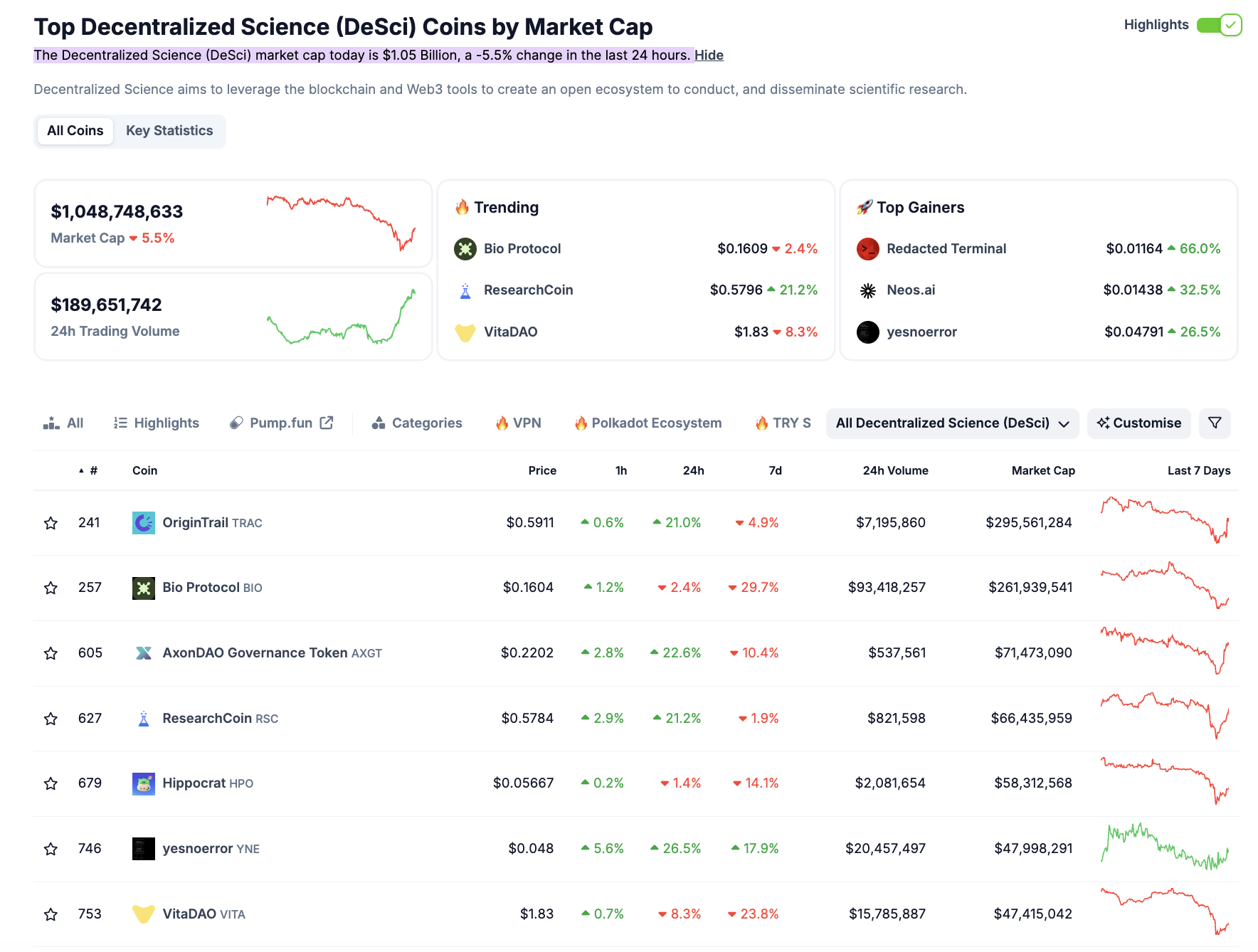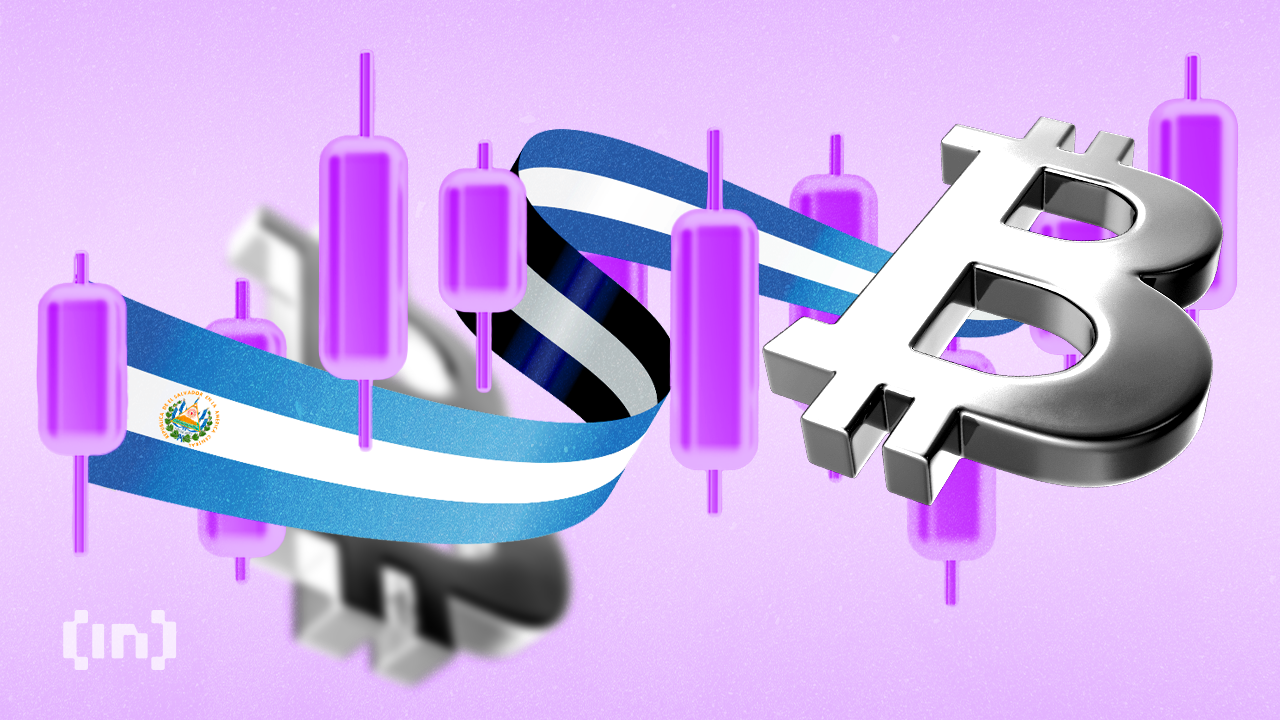Peer review is a vital part of scientific research. It plays a crucial role in ensuring the veracity and accuracy of findings before they are published. However, the peer review process is carried out by humans, and humans inevitably make mistakes. But emerging technologies might hold the key to fixing this.
BeInCrypto spoke with YesNoError Co-Founder Matt Schlicht and Mira Network CEO Magnus Bratt to understand how artificial intelligence (AI) and decentralized science (DeSci) merge to transform peer-reviewed scientific processes.
The Price of Faulty Oversight
Even the smartest humans make mistakes. When it comes to science, these mistakes can have enormous consequences. History –both recent and old– has proven that time and time again.
In 1998, NASA launched the Mars Climate Orbiter to study the planet’s atmosphere. The project involved a $125 million investment and almost 10 months of travel to get there.
Upon its arrival, the orbiter burned and broke down, and NASA soon pegged the mission as unsuccessful. What stung the most was that the mission’s failure was traced back to a simple navigation error.
The navigation team led by the Jet Propulsion Laboratory (JPL) used metric units in their calculations. Meanwhile, Lockheed Martin Astronautics, the spacecraft’s designer and builder, provided crucial acceleration data in English units.
Lockheed Martin’s failure to convert English units to metric explained the critical error that caused the spacecraft to approach Mars too closely and burn upon arrival.
“Traditional peer review is inherently limited by human error and subjectivity. Reviewers may overlook crucial methodological flaws or statistical mistakes due to individual biases, conflicting interests, or simply the limitations of manual scrutiny,” Bratt told BeInCrypto.
Subsequent investigations found that the lack of a rigorous, independent peer review of the navigation calculations contributed to the unit conversion errors going unnoticed. However, there have been even more recent cases where peer review mechanisms have failed to address such simple errors.
A Recent Case of Human Error in Science
One of the most recent events that speaks to the extent of human error in peer-reviewed scientific research happened last year. In October, a study published in the environmental chemistry journal Chemosphere revealed that electronic flame retardants are present in some black plastic household products, such as kitchen utensils.
The study prompted numerous media reports, including articles in outlets like The Atlantic and National Geographic, urging consumers to discard their black plastic kitchen utensils. It also unleashed a frenzy of public concern across social media.
However, in December, for 30 cents and in 30 seconds, an OpenAI query reviewing the study’s findings found that authors had missed a zero.
“We miscalculated the reference dose for a 60 kg adult, initially estimating it at 42,000 ng/day instead of the correct value of 420,000 ng/day,” the correction stated.
The original research contained a significant factor-of-10 error, where a given exposure was stated to be 80% of the legal limit for a certain toxin when it was only 8%. In other words, this error significantly overestimated exposure to these toxins.
“I would say that the number one limitation that it is very clear that peer reviews have is that humans make errors. These are super smart people. This was published everywhere. It went for two months, and millions and millions of people saw this article, and nobody caught this. It turns out that if you take that paper and send it to OpenAI’s latest model, you simply say, ‘hey, are there any errors in this paper?’ For about 30 cents and in 30 seconds, it immediately says yes,” said Schlicht.
In response to these events, proponents of AI and DeSci have noted these flaws in traditional approaches to science.
Reimagining Peer Review with AI and DeSci
The concept of peer review has been around for centuries. Since its inception, it has undergone several changes.
“Peer review wasn’t always the formal, anonymous process we know today. In the early days of scientific journals (mid‑1600s), editors—like Henry Oldenburg at the Royal Society—decided what to publish without consulting external experts. Over the 18th and 19th centuries, as scientific communities expanded, informal discussions and internal evaluations gradually evolved into a more systematic practice. By the mid‑20th century, as research output exploded, journals adopted structured, external peer review (often with anonymous reviewers) to help maintain quality and fairness. Today, we see a range of models—from single- and double-blind reviews to open and post‑publication reviews—reflecting ongoing efforts to balance transparency, efficiency, and rigor in a rapidly growing scholarly landscape,” Bratt explained.
DeSci has taken off to find Web3 technology solutions to address critical challenges that arise as part of the traditional approach to scientific research. As a result, AI agents have become an apparent solution to the potentially calamitous consequences human error can have on peer review mechanisms.
“Artificial intelligence can automatically flag errors, inconsistencies, and plagiarism while matching manuscripts with the most suitable reviewers—helping to reduce bias and alleviate reviewer workload. Decentralized science platforms, using blockchain or similar technologies, can record review histories transparently and enable crowd-sourced evaluations, increasing accountability and trust. Together, these tools streamline and improve peer review, ensuring faster, more reliable quality control,” he added.
These emerging technologies have also made contributions to scientific review more accessible.
“Decentralized science and artificial intelligence can tremendously help peer reviews by lowering the cost of a peer review by enabling an AI to do it at a fraction of the cost and at a much faster speed. DeSci can give everybody the ability to have infinite peer reviews instantly,” said Schlicht.
Efficiency, speed, decentralization, and cost reductions can open new avenues for tackling complex scientific problems that have so far resisted solutions.
Accelerating Scientific Progress with AI
Emerging technologies like AI offer promising new approaches to intricate scientific challenges, including cancer research, human longevity, and Alzheimer’s disease.
Owing to centuries of human research, millions of scientific articles are published by journals worldwide today, translating to vast amounts of data. AI agents can store, filter through, and analyze existing datasets at rates that are humanly impossible today.
“Artificial intelligence is transforming cancer research and holds tremendous promise for speeding up the discovery of effective treatments. AI tools are already proving invaluable by rapidly sifting through enormous datasets to uncover genetic markers and novel drug targets, modeling how cancers evolve, and even suggesting innovative treatment combinations. These breakthroughs are not only accelerating the early discovery phases but are also optimizing clinical trial designs and predicting patient responses with increasing accuracy. While cancer remains a complex set of diseases, AI’s growing impact is making the goal of a cure increasingly attainable and is energizing the entire research community,” Bratt told BeInCrypto.
Schlicht’s YesNoError (YNE) built a whitepaper for a decentralized initiative that harnesses advanced large language models (LLMs) to audit all existing scientific literature systematically. The YNE token is built on an economic model in which token holders can vote on which projects should receive priority.
AI agents are responsible for scanning errors ranging from simple calculation mistakes to data falsification. The project’s broader objective is to develop a tool for verifying scientific claims accessible to researchers, institutions, and the public.
“How many research papers have been written about longevity? Let’s say it’s one million. Let’s say that you are a lab focused on longevity. The size of your team that would be required from a human perspective to not only simply read a million papers, but to also accurately analyze them and synthesize that data, is not doable on a human scale. But when you start to design an AI agented system that can read one million papers basically instantly, you can orchestrate these AIs to come to conclusions, come back with synthesized information, and then bring that to the human team. So that is a very clear way where AI can assist in achieving breakthroughs in longevity or any other scientific goal,” said Schlicht.
Other major players are starting to catch onto this increasingly popular trend. Advanced Micro Devices (AMD) and Johns Hopkins University researchers recently developed Agent Laboratory. This AI framework is designed to automate key parts of scientific research.
This system uses large language models to conduct literature reviews, design experiments, and generate reports, including code and documentation. However, it is not decentralized or based on a token model. Initial results suggest the framework can reduce research costs by 84% compared to other automated methods without compromising research quality.
Yet, if other projects in the crypto sector intend to develop similar projects, AI in DeSci can ultimately hold a promising future.
DeSci’s Bright Outlook
According to CoinGecko, the DeSci market capitalization is $1.05 billion at the time of writing. Over the past year, the sector has demonstrated steady growth and constant innovation. Many of the newer projects have swiftly become major players.
 Top Decentralized Science (DeSci) Coins by Market Cap. Source: CoinGecko.
Top Decentralized Science (DeSci) Coins by Market Cap. Source: CoinGecko.Schlicht and Bratt predict that the market size for decentralized science will grow exponentially.
“I think that 10 years from now, the market cap of DeSci could be well over 10,000 times what it is right now. Because of the combination of artificial intelligence, decentralization, and tokens, science is about to exponentially increase in breakthroughs,” said Schlicht.
To that point, Bratt added:
“If successful, it can easily become 5-10% of global scientific research market which is already in the trillions.”
However, they also expect DeSci to face resistance from traditional medical and scientific lobbies.
Facing the Status Quo
While scientific research can be funded through grants from various government agencies, institutions, and foundations, it’s mostly funded by private corporations.
A 2023 UCLA report indicates that nearly 80% of the approximately $57 billion spent on cancer research in the US in 2021 came from the private sector, primarily large pharmaceutical companies. It also reported limited sharing of research results.
“There are vested interests that can lobby for banning such market activities to protect incumbent players,” said Bratt.
For Schlicht, DeSci presents an opportunity to defy private interests.
“Previously, corporations are able to control which research is funded. DeSci disrupts that and allows anybody to get funded if people believe that their idea is good,” he said.
Since blockchain technology permits anonymity and prioritizes privacy, he argues that innovators will be harder to track down.
“I do not believe that lobbyists will be able to stop DeSci. The next Einstein might be anonymous. It could be someone with a penguin avatar, or a frog profile picture. It could be someone with an NFT as their profile, and a bunch of numbers in their name. Lobbyists can’t even find them, because they don’t know who they are, and they are funded in a decentralized way. They even have a team of other pseudonymous people who are working with them, both humans and AIs,” said Schlicht.
But before contemplating a potential rivalry between traditional medical lobbyists and innovators in decentralized science, DeSci is still on a path toward maturity.
Ultimately, the convergence of AI and decentralized science offers a powerful new paradigm for scientific research. This opportunity has the potential to enhance the reliability and efficiency of peer review, democratize access to funding, and accelerate breakthroughs across diverse scientific frontiers.
Monitoring the progress of AI and decentralized science will be essential for responsibly integrating these technologies into scientific research.
The post Experts Reveal How AI and DeSci Can Reshape Science Forever appeared first on BeInCrypto.

 6 months ago
28
6 months ago
28




 English (US) ·
English (US) ·